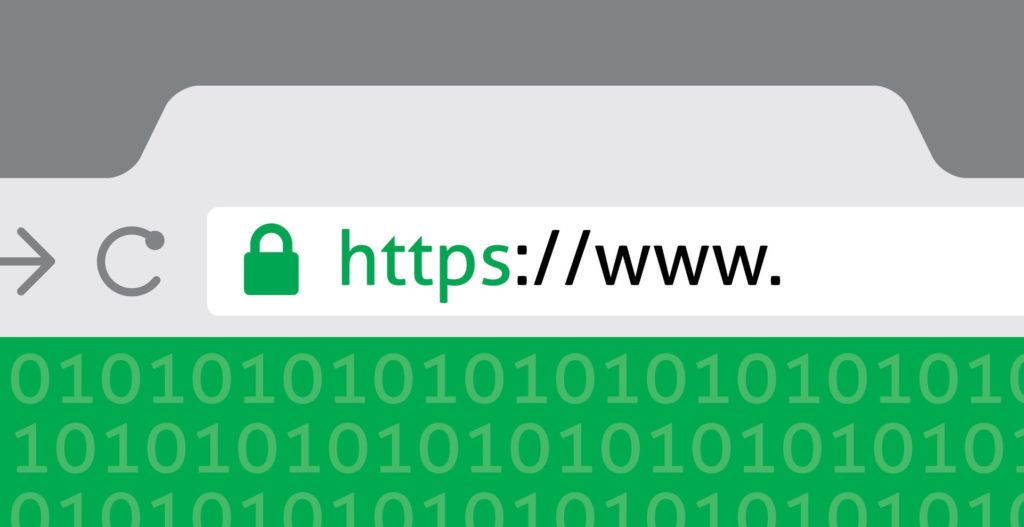Tips for Protecting Your Office Computer

One of the reasons why employees need insight on how they can protect their office computers is to maintain the privacy of the data in the system they use. Apart from safeguarding personal information observing best practices is a requirement for all computer users in most organizations. The reason is that when users exercise due […]
Why Should I Use HTTPS – Why You Should Be Using HTTPS

In recent news, you may have heard more buzz about websites using HTTPS rather than a traditional HTTP address. Let’s take a closer look at the difference between the two. This applies whether you’re a web surfer or someone who manages a website. First, what’s the difference between HTTP and HTTPS? The “S” identifies that […]

